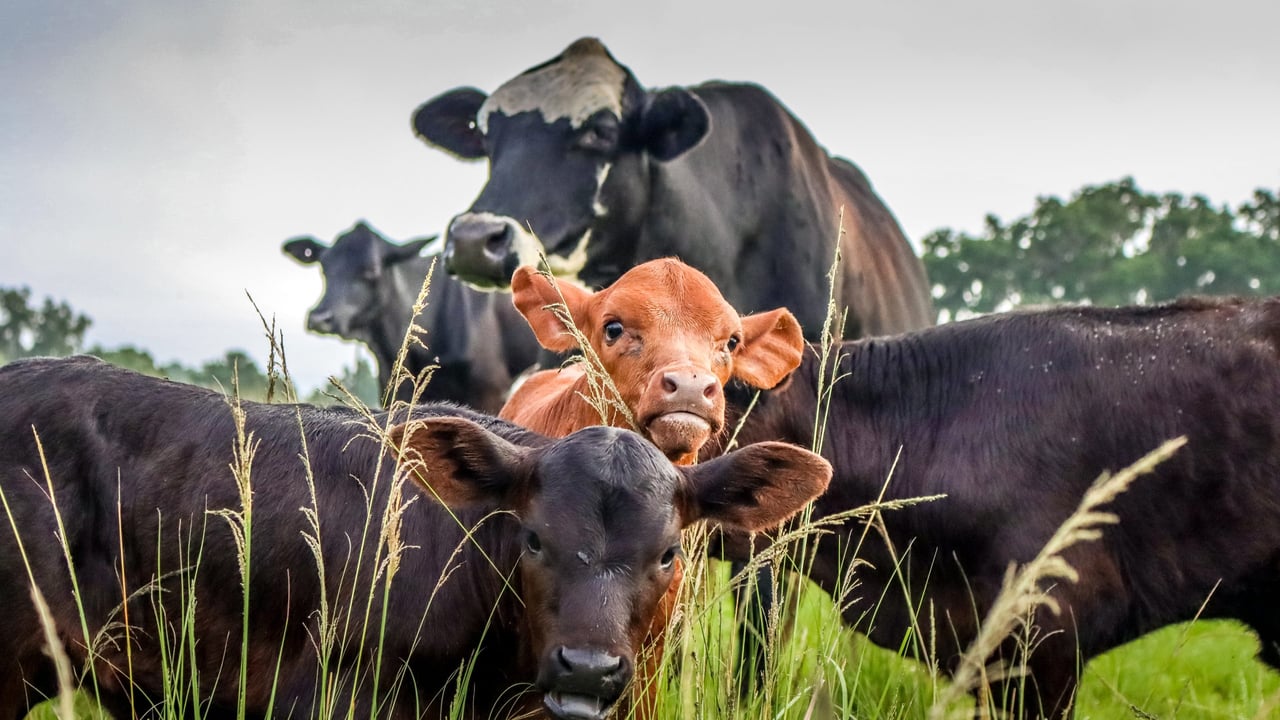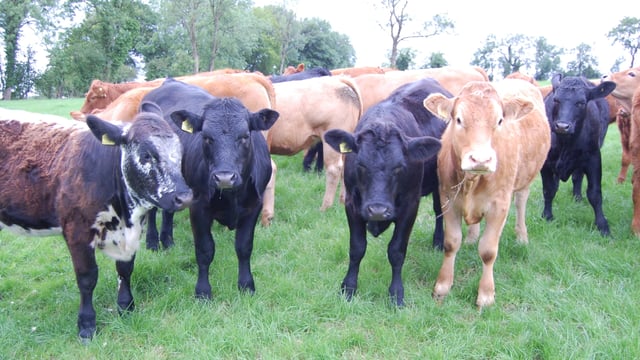Mullooly 'confident' more MEPS will oppose EU-Mercosur deal
An Irish MEP has told Agriland he is confident of convincing more MEPs to oppose the proposed EU-Mercosur trade deal.
The proposed free trade agreement between the European Union and the Mercosur countries (Argentina, Brazil, Paraguay, and Uruguay) has been under negotiation for over two decades.
The deal, which secured political agreement in December, must be approved by both the European Parliament and the European Council before it can enter into force.
Despite being hailed as the biggest trade deal ever negotiated by the EU, it has also faced significant criticism, particularly from EU farming organisations.
Speaking to Agriland in Brussels this week, Ciaran Mullooly, Independent Ireland MEP for Midlands North- West, said he has been campaigning "quite hard" against the proposed agreement since December.
"I feel, at this stage, we're very close to getting enough support within the parliament to actually reject the deal.
"I'm basing that on what happened earlier this year in a direct vote on a motion to actually scrap the agreement altogether. It was lost, but only by quite a small margin - about 60 votes.
"In that vote, 80 people abstained. We know the identity of those 80 people, many of them are Italian, they're from other countries.
"What I've been doing is speaking directly to those people, asking them to reconsider, to consider supporting the Irish view and consider the view for their own farmers at the end of the day," he said.
Mullooly said that before a vote is held in the EU Parliament later this year he is confident of getting "more and more MEPs to support the opposition to the deal".
He also feels that there is "still all to play for" when it comes to the proposed EU-Mercosur agreement.
"The last time, over 20 years' ago when [commissioner] Phil Hogan was here, it had significant support, it didn't make it across the line.
"I believe this time around parties like Fine Gael and Fianna Fáil are waiting for a new text to emerge before they make up their mind.
"We have spoken to [EU] Commissioner [for Agriculture Christophe] Hansen we feel there's not going to be any major changes in text.
"I feel that ultimately Fine Gael and Fianna Fáil will have no choice but [to] vote against it. They won't be able to return to Ireland if they do vote in favour," the MEP claimed.
Sean Kelly, the Ireland South MEP, told journalists in Brussels this week that he has an "open mind" on the proposed EU-Mercosur deal.
However, he stressed that guarantees still need to be provided around agriculture, in particular for the beef sector.
The Fine Gael MEP noted that he has not voted against any free trade agreement during his time in the parliament.
"The easiest thing in anything of that nature is to go against it. Sometimes it takes more courage to look at it objectively and decide what's best to do," he said.
"We have to look and give an opportunity for the negotiators to look at the objections and to try come up with a solution to them," Kelly added.
Fine Gael MEP for Midlands North-West Maria Walsh also said that she believes the deal, in its current form, is "not fit for purpose".
The MEP added that further clarity is needed from the EU Commission around a promised €1 billion reserve to protect EU farmers from any unforeseen circumstances as a result of the deal.
"Until it is very clear in black and white, I will be voting against Mercosur," she said.
The EU Commission has said that the EU-Mercosur agreement will "open unprecedented access to the countries of Mercosur for European farmers and food producers".
The commission emphasised that "any product entering the EU market must comply with the EU’s stringent food safety standards", adding that the proposed deal does not change that.
The trade agreement, if ratified, would allow Mercosur countries to export 99,000 tonnes of beef to the EU under a preferential tariff rate of 7.5%.
"For sensitive products like beef, poultry or sugar, in particular, access to the EU market will be permanently limited through gradually implemented quotas.
"Moreover, a bilateral safeguard clause can be applied in case increased imports from Mercosur cause - or even only threaten to cause - serious injury to the relevant EU sectors," the commission added.
The Irish government has repeatedly stated that it is opposed to the deal in its current form.
Earlier this month, Tánaiste and Minister for Foreign Affairs and Trade Simon Harris said he was unconvinced that Ireland’s concerns about the Mercosur trade agreement have been “adequately addressed”.
Both the Tánaiste and his officials continue “to engage at EU level at every opportunity" to “voice our concerns with the agreement”.





